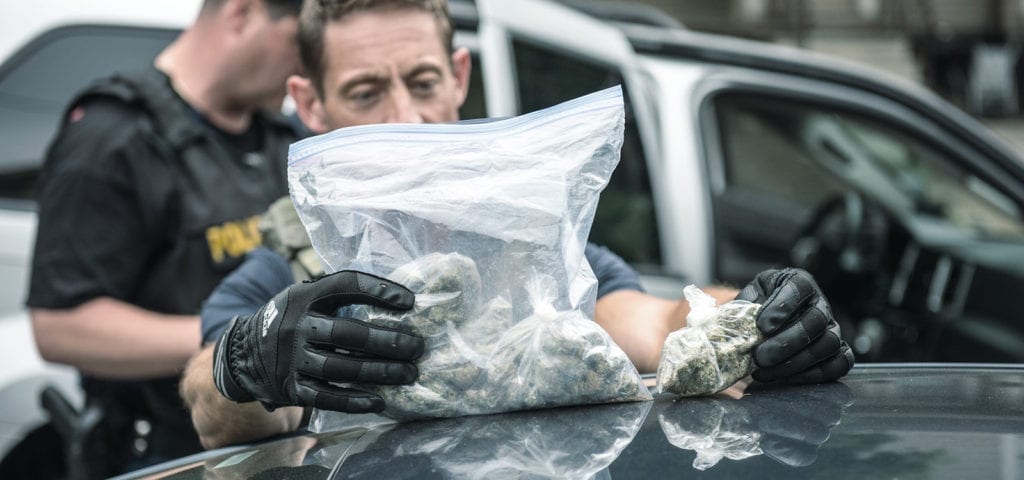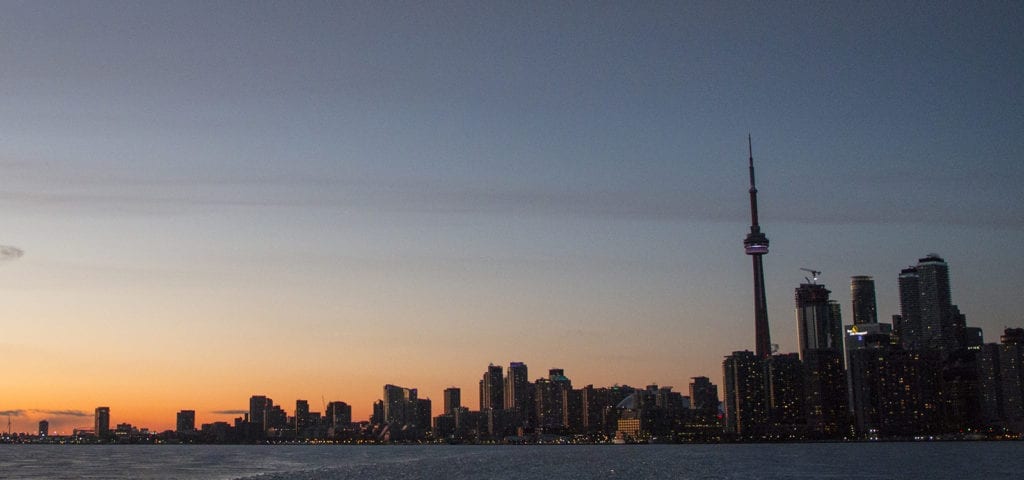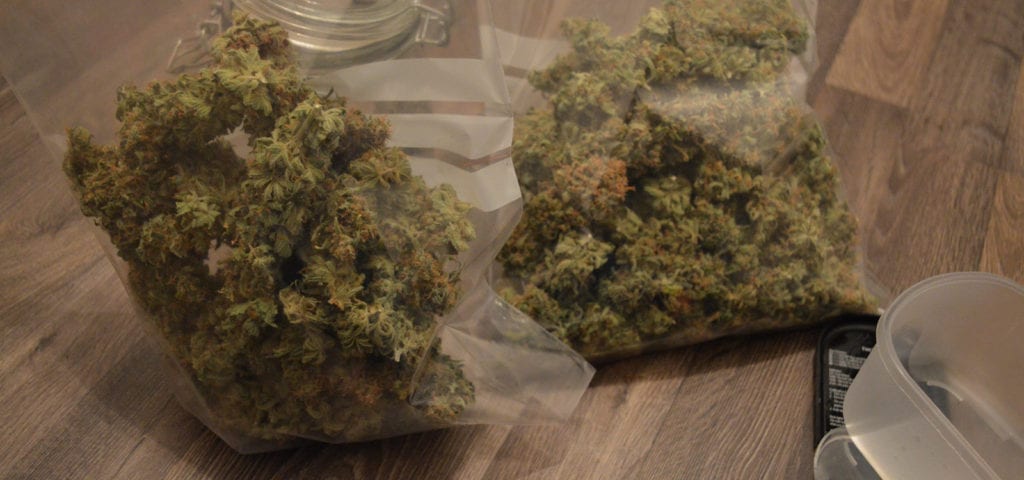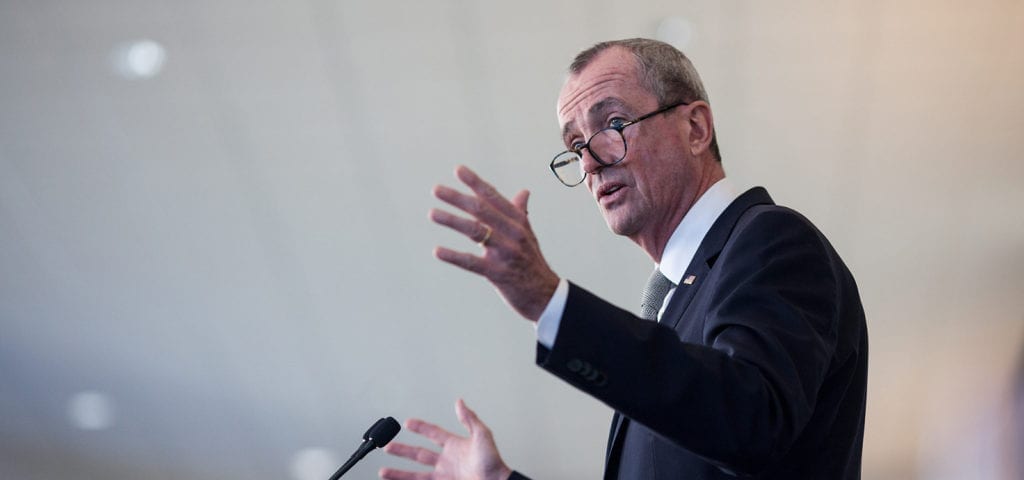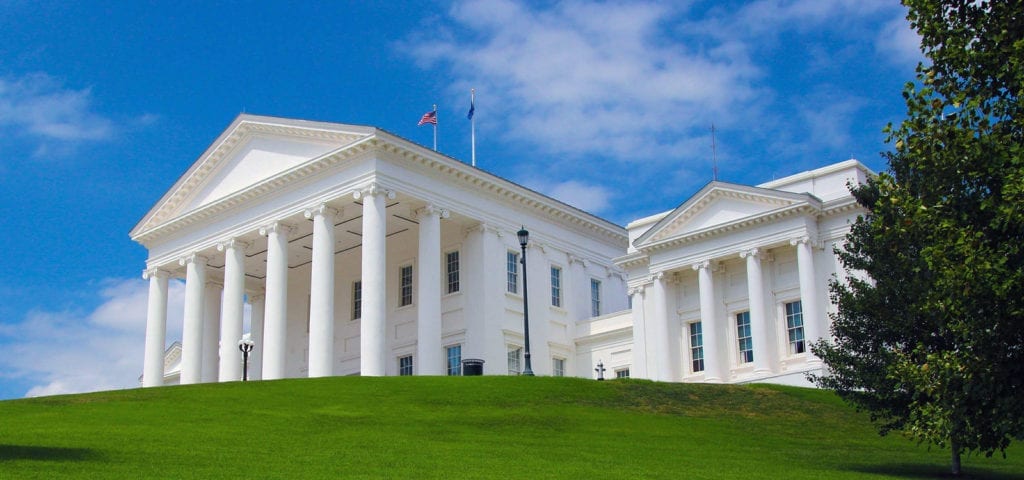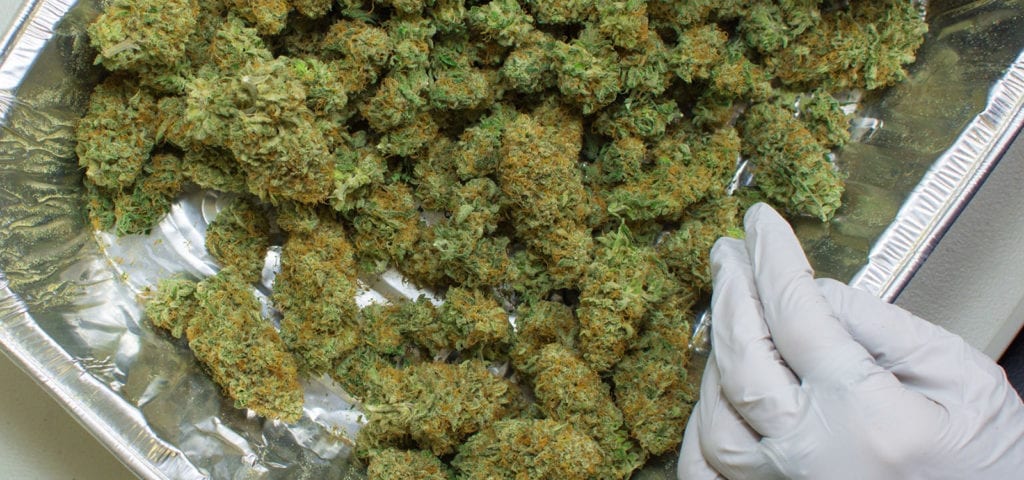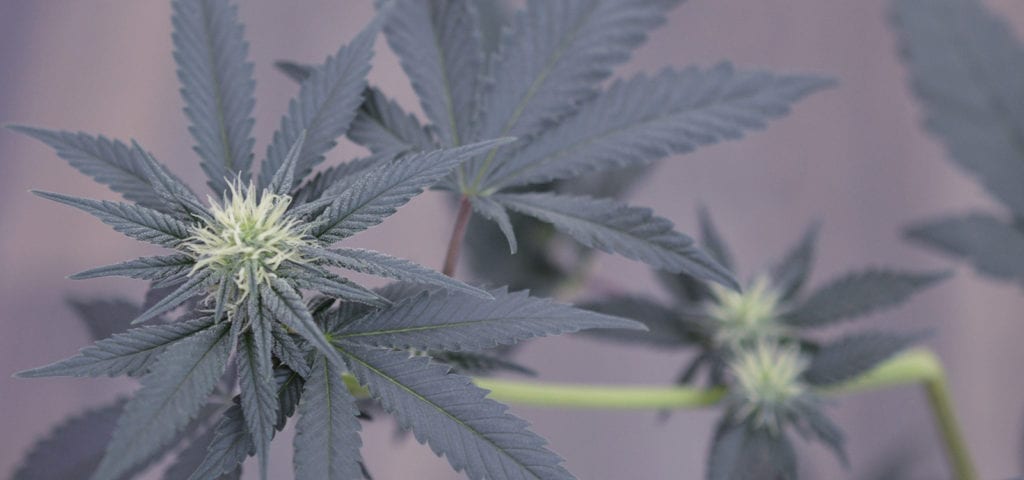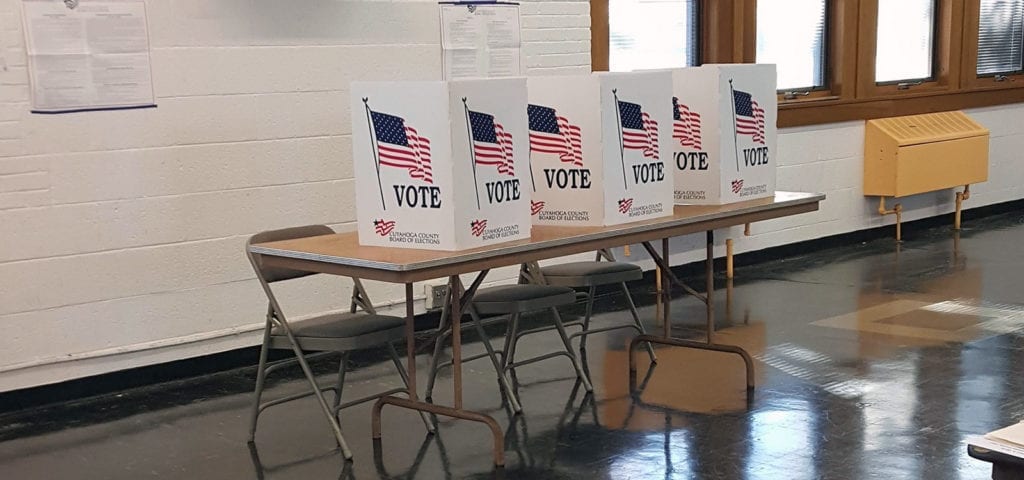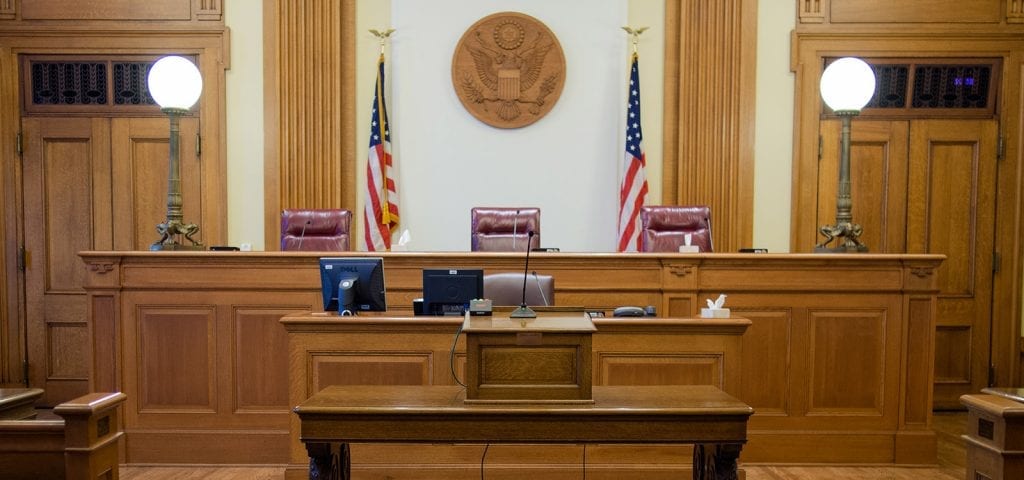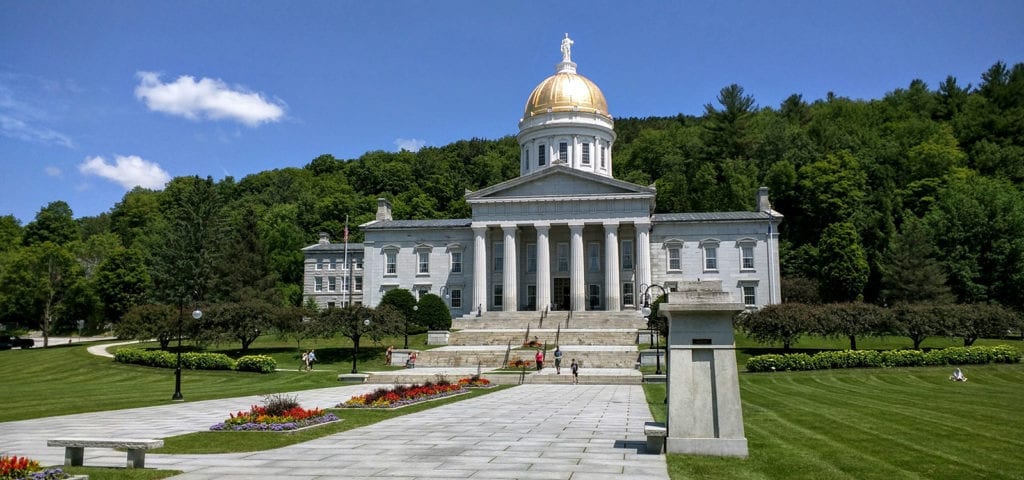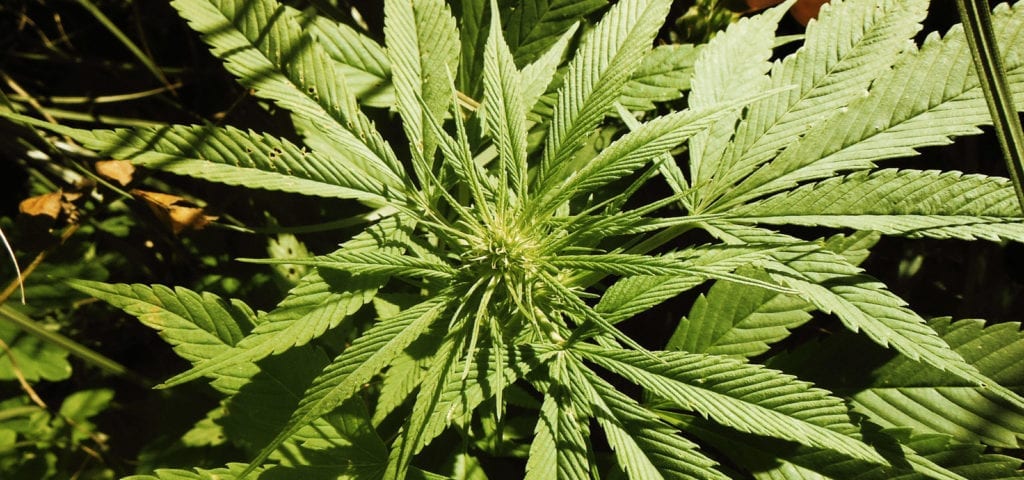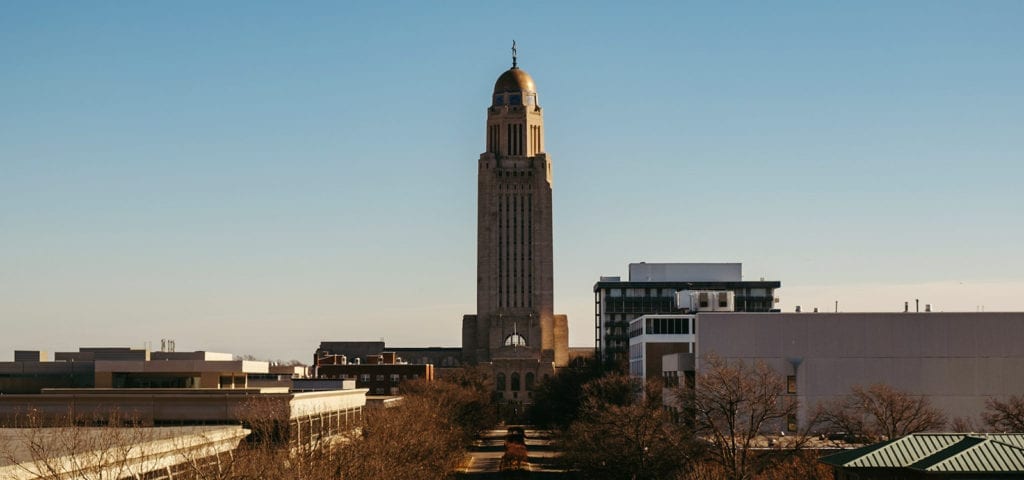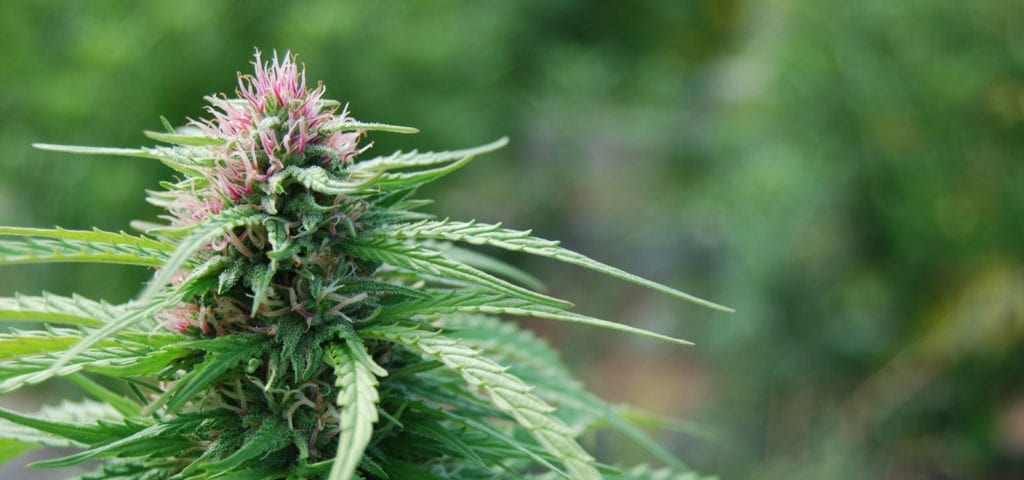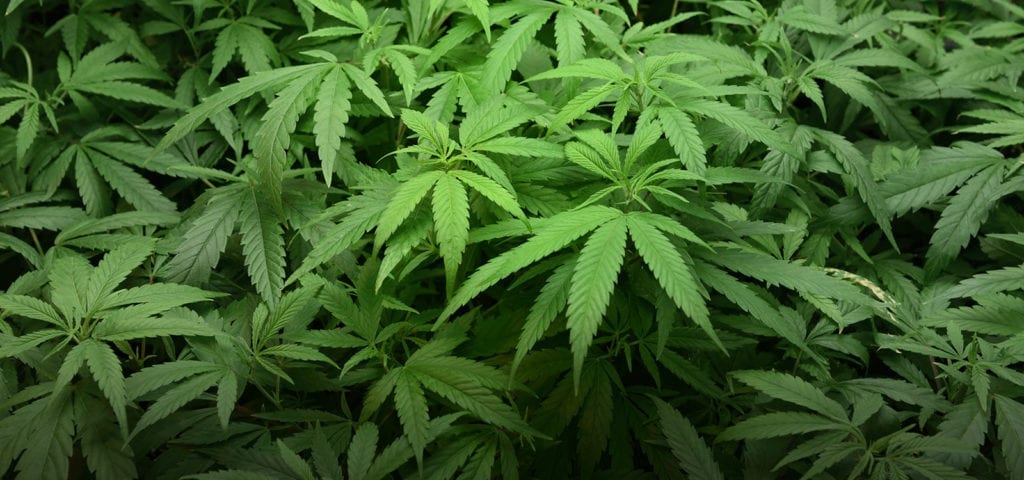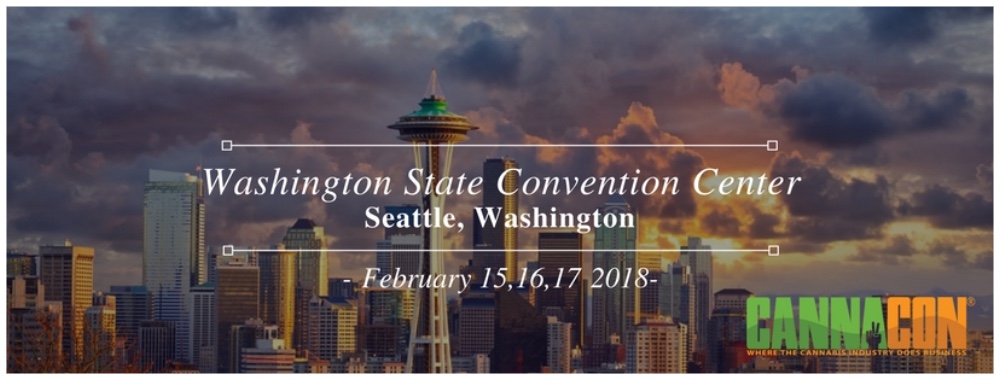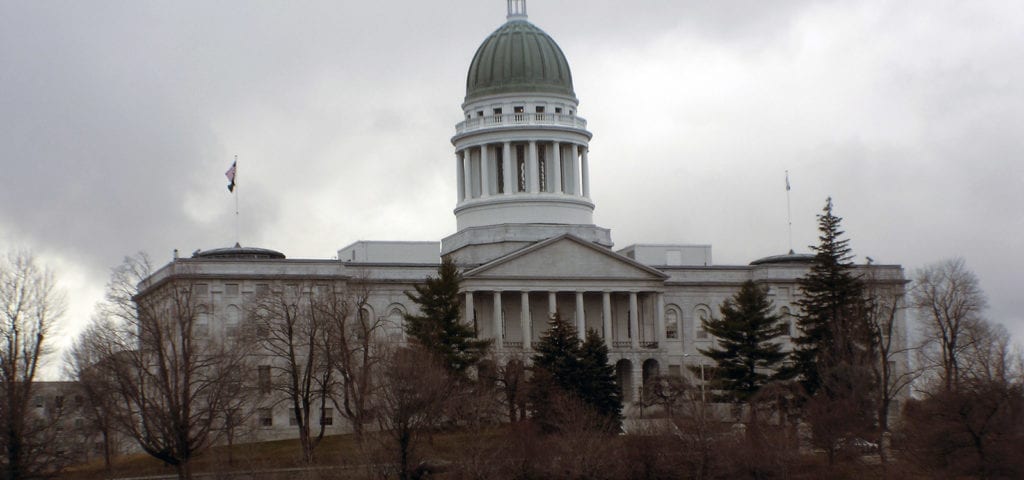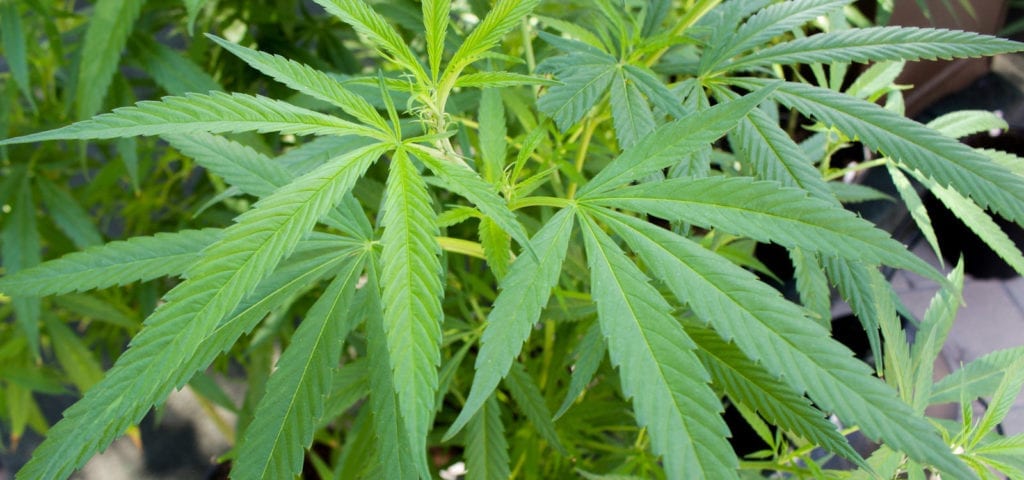Vermont Governor Phil Scott (R) has signed the state’s cannabis legalization bill into law, making Vermont the ninth state to legalize adult-use cannabis and the first to do so without a ballot initiative.
Vermont’s legalization plan will allow adults 21 and older to grow and possess cannabis, but stops short of a full “tax and regulate” system — the commercial sale of any cannabis products is still illegal, as is consumption in public spaces. Adults will be allowed up to possess up to an ounce of cannabis and will be allowed to have two mature and four immature plants at home.
The law takes effect on July 1.
This is the second legalization bill to successfully pass through both of Vermont’s legislative bodies, but the first effort was vetoed by Gov. Scott, citing public safety concerns, last May.
“After more than 15 years of hard work by MPP and our allies in the state, adults in Vermont no longer need to fear being fined or criminalized for low-level marijuana possession and cultivation. This is a great step forward for the state and the whole region. Responsible adults will soon have the freedom to enjoy a safer option legally, and law enforcement will be free to concentrate on serious crimes with actual victims.” — Matt Simon, New England political director for the Marijuana Policy Project, in a statement.
A survey by the Marijuana Policy Project recently found that 57 percent of Vermonters support cannabis legalization, while a Gallup poll from last November found that 64 percent of Americans — including a GOP majority — would support such reforms.
“The majority of Vermonters, like the majority of the American public, desire to live in a community where responsible adults who choose to consume cannabis are no longer criminalized or stigmatized. Governor Scott should be recognized for helping to provide Vermonters with a path forward at a time when many elected officials elsewhere are clinging to the failed policies of the past.” — NORML Deputy Director Paul Armentano in a statement.
Vermont will join the ranks of Alaska, Washington, Oregon, California, Nevada, Colorado, Massachusetts, Maine, and Washington D.C. in ending the prohibition of cannabis.
Governor’s statement
In a statement submitted to the General Assembly after signing the bill, Gov. Scott said:
Today, with mixed emotions, I have signed H. 511.
As I said when I vetoed S. 22 in May, I personally believe that what adults do behind closed doors and on private property is their choice, so long as it does not negatively impact the health and safety of others, especially children. In this context, it is very important to understand what H. 511 does and does not do.
While this legislation eliminates penalties for adult (age 21 and up) possession of no more than one ounce, and cultivation of no more than two mature plants on their private property, marijuana remains a controlled substance in Vermont and its sale is prohibited. Also, consumption of marijuana in public places is prohibited. Consumption of marijuana by operators and passengers in a motor vehicle is prohibited. And schools, employers, municipalities and landlords are also empowered to adopt policies and ordinances further restricting the cultivation and use.
The governor also suggested that before he will even “begin to consider … implementing a commercial ‘tax and regulate’ system for an adult marijuana market,” he will need to see “comprehensive and convincing plans” to address education issues and strategies for prevention and highway safety — otherwise, activists and lawmakers can expect him to veto any legislation that seeks a regulated cannabis marketplace.
